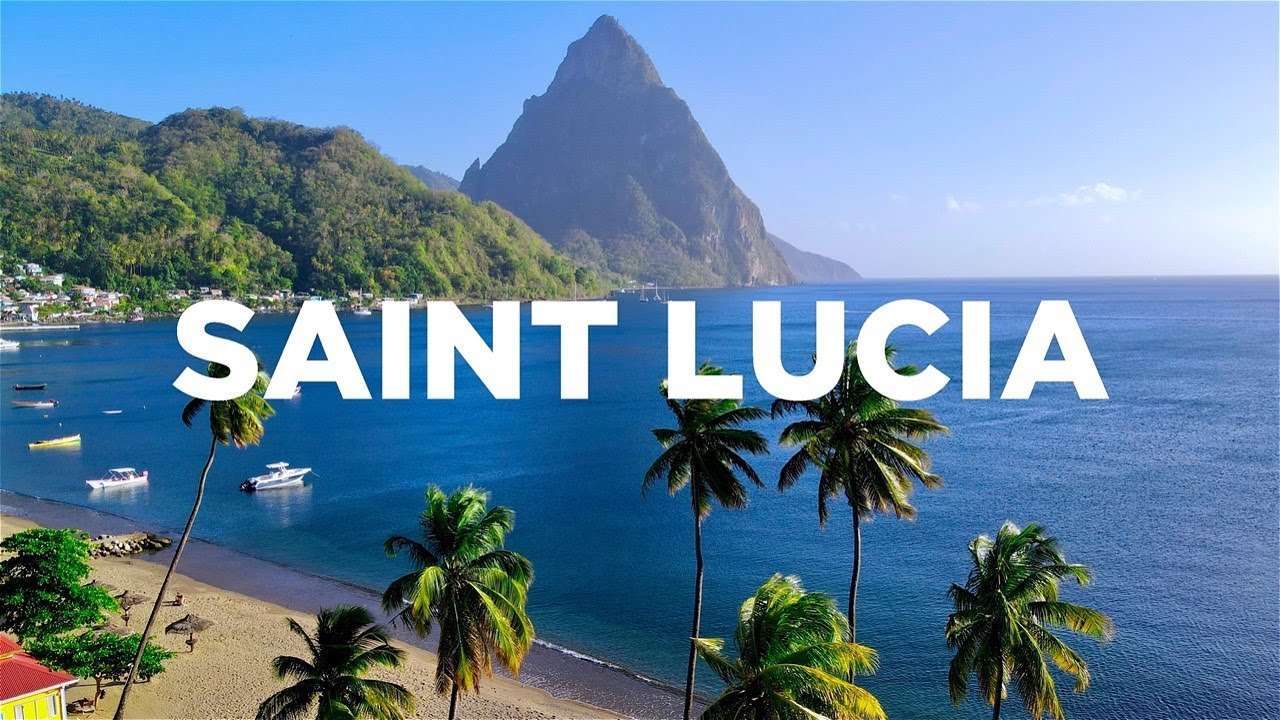Discover how to get a Forex broker license in Saint Lucia, including costs, requirements, benefits, and the step-by-step process for launching your brokerage in 2025.
Complete Guide to Getting a Forex Broker License in Saint Lucia (2025)

Complete Guide to Getting a Forex Broker License in Saint Lucia (2025)
Introduction
Saint Lucia is quickly becoming a preferred jurisdiction for entrepreneurs looking to enter the Forex and multi-asset brokerage market.
Its business-friendly legal framework, competitive tax environment, and relatively straightforward licensing process make it attractive for both startups and established financial service providers seeking global expansion.
This guide provides a step-by-step breakdown of the licensing process, costs, requirements, and compliance obligations so you can make an informed decision about setting up in Saint Lucia.
Why Saint Lucia is Gaining Popularity for Broker Licensing
1. Offshore Advantage with Global Access
Saint Lucia offers the benefits of an offshore jurisdiction while maintaining a positive international reputation. This means brokers can access global markets without the complexity and cost of heavily regulated jurisdictions.
2. Competitive Tax Benefits
Depending on the company structure and operational scope, Saint Lucia-based brokers can benefit from:
Low or zero corporate tax for certain international activities
No capital gains tax
No withholding tax on dividends for non-residents
3. Flexible Corporate Structures
Brokers can incorporate as International Business Companies (IBCs) or Limited Liability Companies (LLCs), with:
No restrictions on foreign ownership
Minimal director/shareholder requirements
Confidentiality in public registers
4. Fast Licensing Process
Compared to jurisdictions like Cyprus (which can take 6+ months), Saint Lucia licensing can be completed in as little as 1–3 weeks if all documentation is ready.
Step-by-Step Process to Obtain a Forex Broker License in Saint Lucia
Step 1: Company Incorporation
You must first register a legal entity in Saint Lucia.
Most Forex brokers opt for an IBC because it offers flexibility for international business activities and simplified reporting.
Basic incorporation requirements:
At least 1 shareholder (individual or corporate)
At least 1 director (can be non-resident)
Registered office in Saint Lucia
Appointment of a registered agent
Step 2: Preparing Documentation
Key documents include:
Certified passport copies and proof of address for all directors/shareholders
Detailed business plan explaining your brokerage operations
AML/KYC policy documents
Proof of initial capital (amount varies)
Company formation documents
Step 3: Submitting the Application
The application is submitted to the Financial Services Regulatory Authority (FSRA), along with all required documents and government fees.
Step 4: Compliance Review
The FSRA conducts due diligence to verify:
Background of directors and shareholders
Adequacy of AML/KYC procedures
Financial and operational readiness
Transparency of corporate structure
Step 5: License Approval
If all requirements are met, the FSRA issues the Forex broker license, allowing you to operate legally and onboard clients globally.
Cost Estimates (2025)
(Figures can be different based on multiple providers but are taken based on standard market rates for more comprehensive package)
Company Incorporation: $3,000 – $4,000
Government License Fee: $6,000 – $10,000
Compliance & Legal Services: $4,000 – $8,000
Registered Agent Services (annual): $1,600 – $2,400
Annual Renewal Fees: $3,000 – $6,000
These costs are indicative and may vary depending on your service provider, scope of work, and documentation readiness.
Technology & Operational Requirements
While licensing is the legal foundation, running a successful brokerage requires:
Trading Platform (MT4, MT5, Match-Trader, cTrader, X9Trader)
CRM System (client management, IB tracking, KYC integration)
Liquidity Provider (deep market access for tight spreads)
Payment Gateways (multi-currency and crypto)
Marketing Infrastructure (website, SEO, ads, IB programs)
Compliance Obligations After Licensing
Licensed brokers in Saint Lucia must:
Maintain an active registered agent and office
Keep updated AML/KYC programs
Submit annual returns and financial statements
Renew the license on time to avoid penalties
Professional Assistance
While the process is straightforward for those with prior experience, new entrants often benefit from professional assistance to avoid delays and compliance issues.
Specialized providers such as Brokeret offer end-to-end support, from incorporation to license approval, platform integration, and ongoing compliance.
Saint Lucia Compared to Other Jurisdictions
Saint Lucia – Setup: 1–3 weeks • Annual Costs: Low–Medium • Regulation: Moderate
Seychelles – Setup: 1–2 weeks • Annual Costs: Low • Regulation: Moderate
Cyprus – Setup: 3–6 months • Annual Costs: High • Regulation: High
Belize – Setup: 2–4 weeks • Annual Costs: Medium • Regulation: Moderate
Timelines and costs are approximate and can vary based on project complexity and regulator processing times.
Final Thoughts
A Forex broker license in Saint Lucia is one of the fastest and most cost-effective ways to launch a brokerage with global reach.
Its balanced regulatory environment, tax advantages, and quick setup time make it ideal for entrepreneurs seeking flexibility without excessive overhead.
If you’re ready to take the next step, consider engaging a trusted partner like Brokeret to handle the process from start to finish, ensuring compliance, efficiency, and a smooth market entry.
